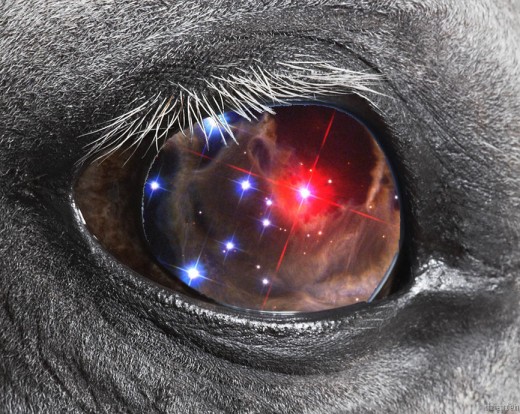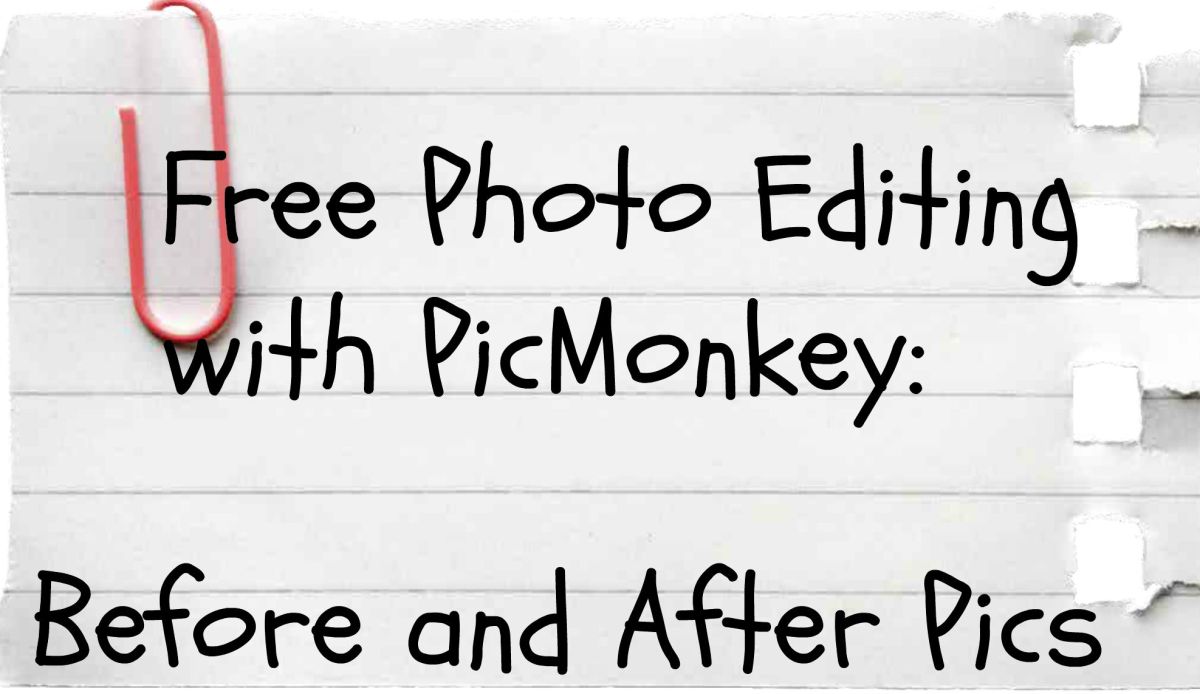- HubPages»
- Technology»
- Computers & Software»
- Computer Software
Useful Facts for Digital Photography

Digital photography facts
The digital revolution is growing by leaps and bounds in photography.
Although for some like myself who still shoot film, the speed of submissions, instant gratification of a digital photo and the ability of re-shooting a photo if not to our liking makes digital the perfect format.
I still enjoy the feel of a 35mm slide in my hands and the ability of viewing them through a light box.
Nothing gives you the feeling that you get from handling a set of slides. But If I want to continue doing business with magazine and book publishers, then digital is the way of the future.
Don't get me wrong, I still think that film has a place in modern photography,especially a positive medium but digital has come a long way and does not seem to be slowing down any time soon.
Digital carries extra baggage such as the use of a computer, storage devices, computer software and the knowledge to use them. Factors that should be kept in mind when transitioning from film to digital.
Most digital and film cameras are basically the same with the main exception of a sensor in digital as compared to film. Even lenses can be interchanged from film to digital with no real visible change in the quality of the photos.
The main disadvantage of digital, at least for the time being, is their cost. However, this is often offset by the savings of not having to buy rolls of film and developing costs.
For most a 6 megapixel (loosely translated into 6 millions dots per square inch) digital camera is more than sufficient unless you want to print photos that are more than poster size.
Digital offers another advantage in the ability to manipulate the final shot. Software such as Photoshop gives the photographer ample latitude in how the photo will finally look.
The best top of the line digital cameras go to 21 megapixel and they can cost in the range of over $10,000.00. Most slide film is comparable to around 25-30 "megapixel". So for now, although I don't think for long, the best true to life photos still come from film.
Portable storage devices for your digital files (photos) vary. Floppy disks, although cheap, have a very limited storage capability, DVD's and flash drives, also called memory sticks, are a much better alternative.
These devices are very useful if you are working in the field, once you download your files from the camera to the storage device you can re-use the memory to continue taking photos or simply carry extra memory cards.
Digital file formats come into three main types. Raw which is exactly as you see through the view finder, but a very large format and takes a lot of memory space. JPEG (Joint Photographic Experts Group) is the most common type.
A drawback is that anytime you open and work on the file, you lose some quality. TIFF(Tagged Image File Format) also very commonly used with the advantage that the file does not lose quality when opened or after being worked on.
Most professionals work with RAW files as to them the quality must always be the best. What they see when they take the photo is what they want at the end. Finally GIF (Graphic Interchange Format, normally used for logos instead of photography.
A note about submissions to agencies, most will require photo submissions that are not compressed. Although compressing a file saves storage space, do so for you personal use.
Bottom line, if you use film, then use positive film (slide film). Your photos will be richer in color, and more true to life. Scan them with either Canon scanners or Nikon, these two being the top of the line. Scan at the scanners' highest resolution, usually 3000 to 4000 dpi. and just save to the computer.
Many more techniques,tips and project ideas!



Did you learn something from reading this article?
- 50 Incredible Photography Techniques and Tutorials | Smashing Magazine
Over the recent months we've been presenting various showcases of photography – while many readers hated the showcases, most readers found them inspirational and perfect for a lousy workday's morning. However, what we should have done in the inspirat
- Digital Photography Tips: Digital Photography School
Welcome to Digital Photography School! Discover how to use your digital camera with our Digital Photography Tips. We are a community of photographers of all experience levels who come together to learn, share and grow in our understanding of photogra

© 2011 Luis E Gonzalez










